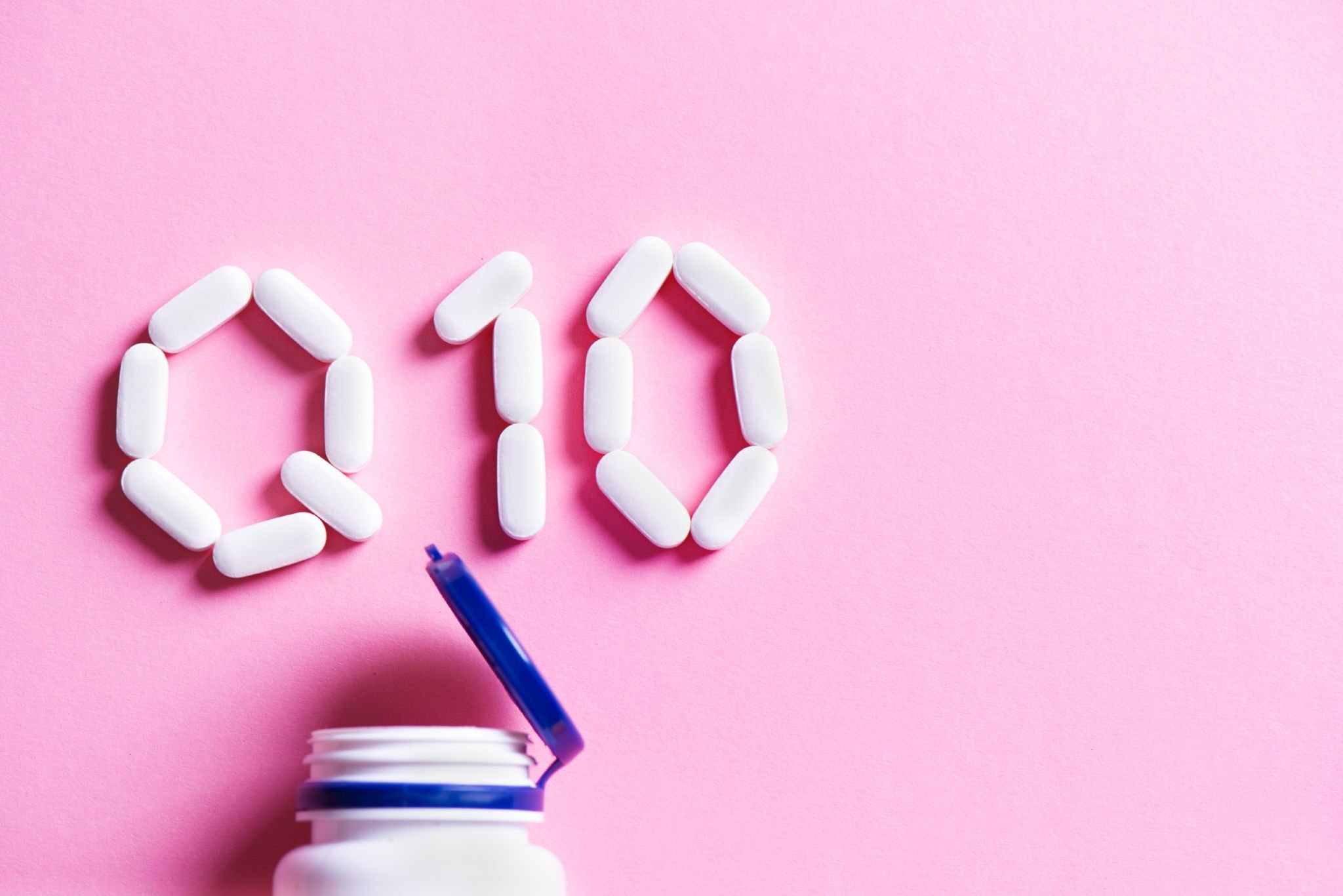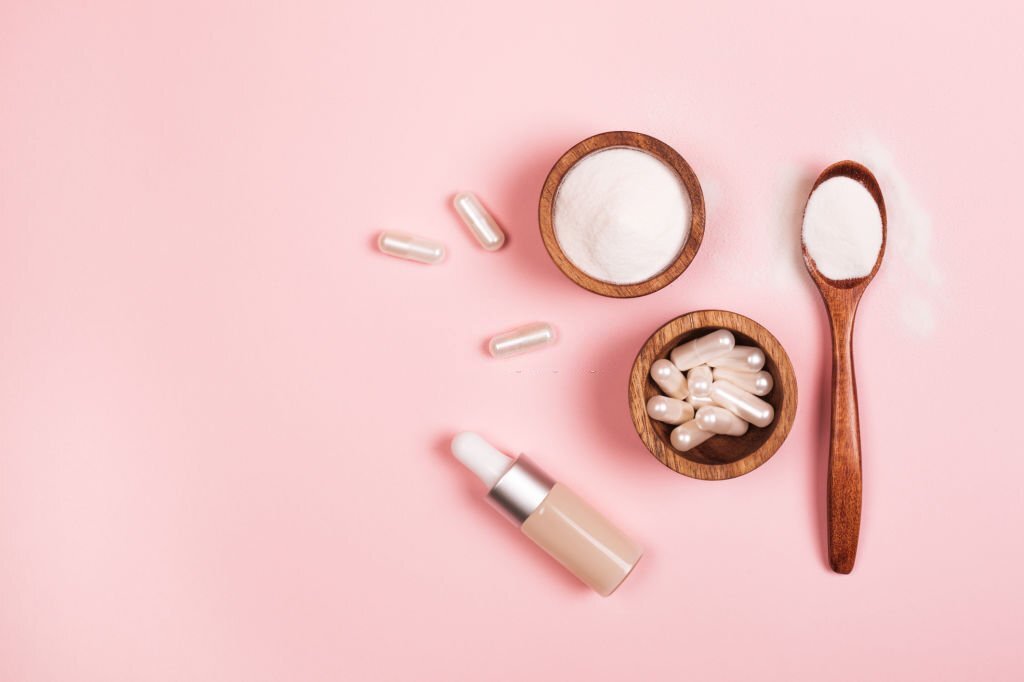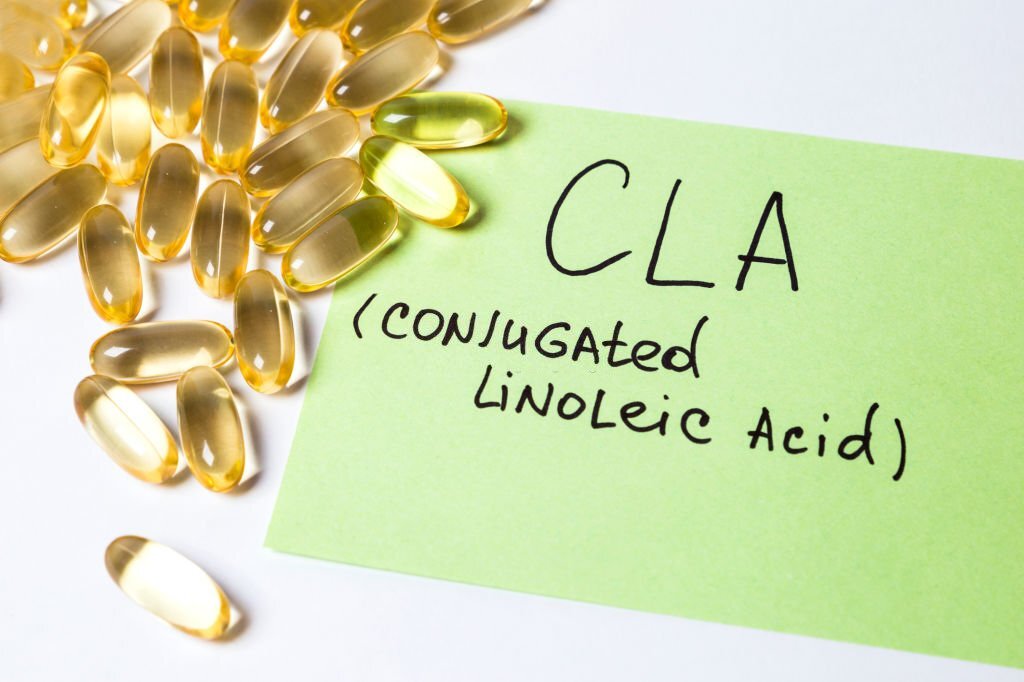In every cell of the human body, coenzyme Q10 is an essential nutrient. It plays a pivotal part in energy production and is considered an antioxidant. which means it helps to cover the body from damage caused by dangerous free radicals. In recent times, CoQ10 has gained popularity as a salutary supplement due to its implicit health benefits. In this composition, we will take a near look at the health benefits, risks, and other important information about CoQ10.
Health Benefits of CoQ10 Supplements:
1. Taking CoQ10 supplements may help improve energy situations, especially in people with conditions that cause fatigue, similar to fibromyalgia.
2. Heart Health: CoQ10 may help improve heart health by reducing oxidative stress and inflammation, which are both threat factors for heart diseases. It may also help lower blood pressure and improve cholesterol situations.
3. Migraine Prevention: Some studies suggest that CoQ10 may help migraines by reducing inflammation and adding mitochondrial function.
4. Exercise Performance: CoQ10 may help improve exercise performance by adding energy production and reducing oxidative stress.
Anyone can take CoQ10 as it is naturally produced in the human body, but levels decrease with age. Additionally, some medications can lower CoQ10 levels.
Does CoQ10 Have Side Effects?
While CoQ10 is generally considered safe, like any supplement, it can have side effects in some individuals.
Headaches: CoQ10 supplements may cause headaches in some people.
Insomnia: CoQ10 may cause difficulty sleeping in some individuals.
Is CoQ10 Good for Fertility?
CoQ10 may have implicit benefits for fertility. Some studies suggest that CoQ10 may improve ovarian function and increase the chances of gestation in women undergoing fertility treatments. However, further exploration is demanded in this area.
Stylish CoQ10 Supplement
When choosing a CoQ10 supplement, it’s important to look for an estimable brand that uses high-quality ingredients. It’s also important to choose the right form of CoQ10. Ubiquinol is the active form of CoQ10 and may be more fluently absorbed by the body than ubiquinone. It’s also important to choose a dose that applies to your requirements.
Food Sources CoQ10 is found in small quantities in a variety of foods, including organ meats (similar to liver and feathers), adipose fish (similar to salmon and tuna), whole grains, and nuts. However, it can be delicate to get enough CoQ10 from food alone.
Dosage The applicable dosage of CoQ10 can vary depending on the existent’s age, health status, and reason for taking it. It’s important to follow the recommended dosage instructions on the supplement marker or as advised by a healthcare provider.
Forms CoQ10 are available in two main forms ubiquinone and ubiquinol. Ubiquinone is the more generally available form and is converted into ubiquinol in the body. However, some exploration suggests that ubiquinol may be more fluently absorbed by the body and may give lesser benefits for certain health conditions.
Implicit risks While CoQ10 is generally considered safe. there are some implicit risks to be apprehensive of. It may interact with certain medications, similar to blood thinners and chemotherapy medicines. Also, high boluses of CoQ10 may cause side effects similar to stomach upset, nausea, and diarrhea. People with certain health conditions, similar to liver diseases and low blood pressure. should also talk to their healthcare provider before taking CoQ10 supplements.
Other Possible Benefits In addition to the health benefits mentioned, some studies have suggested that CoQ10 may have other implicit benefits, like perfecting Parkinson’s disease symptoms, reducing muscle damage after exercise, and supporting healthy skin.
Overall, CoQ10 is a nutrient with numerous implicit health benefits.
read more: Get Yourself a Healthy Pet with Our BioCorp Pet Vitamins
Some common medications that may interact with CoQ10:
Blood Thinners CoQ10 may interact with blood thinners, similar to warfarin (Coumadin) and heparin, which are used to help blood clots. CoQ10 may increase the effects of these medications, adding to the threat of bleeding.
Statins are a type of drug used to lower cholesterol situations. They work by blocking an enzyme that’s also involved in the production of CoQ10. Taking CoQ10 supplements may help replenish CoQ10 situations, but it may also intrude on the effectiveness of statins.
Beta- Blockers Beta- blockers are a type of drug used to treat high blood pressure and other conditions. Some exploration suggests that CoQ10 may enhance the effects of beta-blockers, which could lower blood pressure too much.
Chemotherapy medicines some chemotherapy medicines, similar to doxorubicin and cyclophosphamide, may cause heart damage by reducing CoQ10 situations. Taking CoQ10 supplements may help cover the heart, but it may also intrude on the effectiveness of these medicines.
Diabetes medications CoQ10 may lower blood sugar situations, so it may interact with diabetes medications, similar to insulin and oral hypoglycemic agents. People taking these medications should cover their blood sugar situations nearly if they’re also taking CoQ10 supplements.
These are just many exemplifications of medications that may interact with CoQ10.
Some further exemplifications of medications that may
Antidepressants Some antidepressants, similar to tricyclic antidepressants and picky serotonin reuptake impediments (SSRIs), may reduce CoQ10 situations in the body. Taking CoQ10 supplements may help replenish CoQ10 situations, but it may also intrude on the effectiveness of these medications.
Blood Pressure medications CoQ10 may lower blood pressure, so it may interact with blood pressure medications, similar to calcium channel blockers and ACE impediments. People taking these medications should cover their blood pressure nearly if they’re also taking CoQ10 supplements.
Anti-Seizuremedications Someanti-seizure medications, similar to phenobarbital and phenytoin, may reduce CoQ10 situations in the body. Taking CoQ10 supplements may help replenish CoQ10 situations, but it may also intrude on the effectiveness of these medications.
Antibiotics some antibiotics, similar to tetracyclines and fluoroquinolones, may reduce CoQ10 situations in the body. Taking CoQ10 supplements may help replenish CoQ10 situations, but it may also intrude on the effectiveness of these medications.
Immunosuppressants Immunosuppressant medications, similar to cyclosporine and tacrolimus, may reduce CoQ10 situations in the body. Taking CoQ10 supplements may help replenish CoQ10 situations, but it may also intrude on the effectiveness of these medications.
In conclusion
CoQ10 is a nutrient that plays an important part in energy production and may have implicit health benefits. While it’s generally considered safe, it’s important to talk to your healthcare provider before taking CoQ10supplements. However, be sure to choose an estimable brand that uses high-quality ingredients and the applicable form and dose of CoQ10 for your requirements, if you’re considering taking a CoQ10 supplement.




